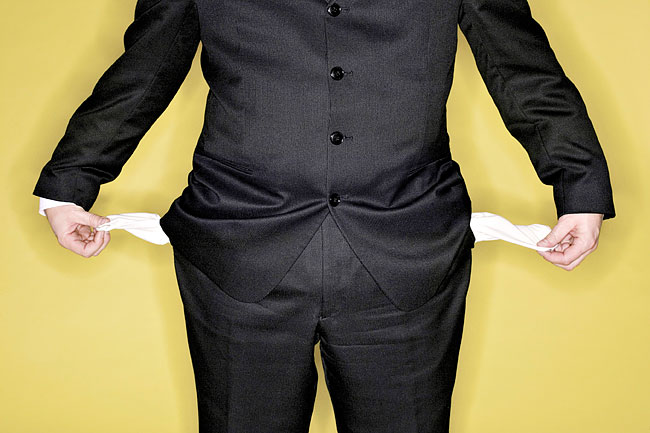How To Avoid Financial Ruin after a Divorce
Instructions
-
1
Is Divorce the only option? Make sure you ask this question before deciding to end your relationship. Make an attempt to salvage your marriage because the process can be harmful for you, and more importantly, for your children. If you are unable to prolong your relationship, see if separation works.
Be practical, emotional decision may not be the most prudent. Make sure that you and your spouse realize the financial and emotional distress a divorce will bring. Assess the prevalent economic conditions and see if you can wait or reach a compromise. -
2
Understand the legal implications. You will be required to hire a lawyer who will charge a substantial fee for his service. Discuss with him/her your post-divorce financial health and plan for the responsibilities you have and how you will be able to dispose of them.
-
3
Make a list of everything. Some debts will be jointly owned, while others you will owe on personal terms. Split them up and check where you stand financially. Also assess what expenses you will incur immediately after the divorce and what income revenue will be at your disposal. Gather all sort of financial information and discuss it with your lawyer.
-
4
Mention specific events in case of any ill-treatment which can help you in a joint-scenario. Presenting such information in the court will give you added financial leverage in the eye of the judge. If you want the custody of your children, then look out for child support which will considerably ease off your burden.
-
5
Make sure that your creditors know your current situation clearly. Inform them that you are not bound to pay the debt as it now belongs to your ex-spouse. Timely reminders ensure that they don’t bother you for any money. Ask your creditor for written proof that you will not be disturbed in any matter which is related to your previous marriage.
-
6
Check your credit history. You will need some form of loan in the future so maintaining a good credit score will be beneficial.








